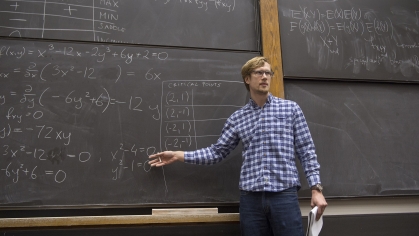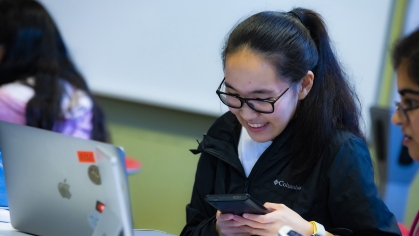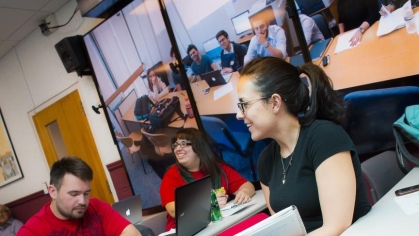
The Preparation in STEM Leadership program was designed to provide an opportunity for academic peer leaders to participate in advanced training and support persistence and retention in science, technology, engineering, and mathematics. Through this training, peer leaders could improve their communication, leadership, and group management skills, as well as earn scholarships and partner with faculty conducting educational research.


